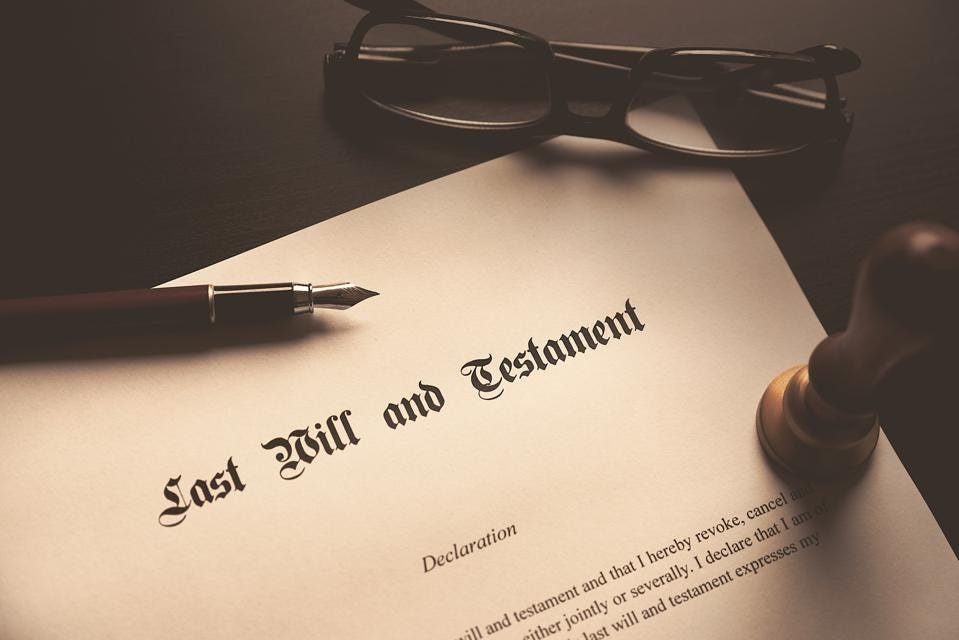Publications

Power of Attorney, Debt and Death: What you need to know
A power of attorney — POA, for short — isn’t a person or entity. Instead, it’s a legal document that passes decision-making power from one individual or entity to another. You can’t “be” a power of attorney. But you can attain it if an individual (the principal) authorizes you as an agent or attorney-in-fact. Learn about the types of POA and your responsibilities, as well as what debts don't belong to your acting as Power of Attorney.

Generative AI: Revolutionizing Professional Services For Wealthy Families
The integration of Artificial Intelligence (AI) into professions like law, accounting, and investment management has been evolving over several decades, with significant acceleration in recent years. Here's a brief overview of AI's impact on legal matters.

What Are the Duties of A Trustee?
Trust Agreement is the written document directing the management of the property, the payments of income and principal, and the scope and duration of the Trust. What are the Duties of the Trustee? The duties of the Trustee arise from the Trustee’s obligation to carry out the Grantor's intentions in creating and funding the Trust. There are five general duties of the Trustee – to be prudent, to carry out the terms of the Trust, to be loyal to the Trust, to give the Trust their personal attention, and to account to the beneficiaries of the Trust.

What Is A Trust?
What is a Trust? A Trust is created when you transfer the financial benefit of property to a third party while keeping the legal ownership and control by appointing themselves, a financial institution or another individual as the Trustee. In short, a Trust is set up by a Grantor, managed by a Trustee, and benefits the beneficiaries. Separate people can hold each of these roles, or the same person can hold all three.

What Is A Will?
Why should you have a Will?
A Will makes the transfer of your personal and real property according to your wishes into an orderly and seamless process at your death. The Will can be as simple or as complex as your desires require; but in all cases, it should clearly define what your assets are, to whom you wish those assets to go and who you nominate to administer your estate. This is the short answer to the question as to what a Will is. If you have other specific questions, you should consult your estate planning professional.

Why Its Important To Write A Good Thank You Letter
What we were all told as children—it is important write a prompt thank you letter for any gifts received, even that eye-searing sweater you hide in the closet. This goes doubly so for charities who receive a donation. Donors should check whether the documents from the charity acknowledging their donation includes the amount of cash donated, a description of non-cash donations, whether there are any goods and services provided in return for the donation and what the estimated value of those goods and services might be.

The Basics: Estate Planning In Confusing Times
Estate Planning is a process -- a process of maintaining and protecting your control of assets during your lifetime, and transferring your assets to your beneficiaries at death. The steps in the Estate Planning process are:

10 Estate Planning Must-Dos Before You Travel
Many travelers manage risk by purchasing trip cancellation insurance. Savvy travelers see risks from a larger perspective, though, manage worst-case scenarios when traveling abroad. Pre-travel estate planning is at the top of their list as they take into account what might happen if they are injured or worse while far from home. Here are 10 items that you'll want to add to yours.
